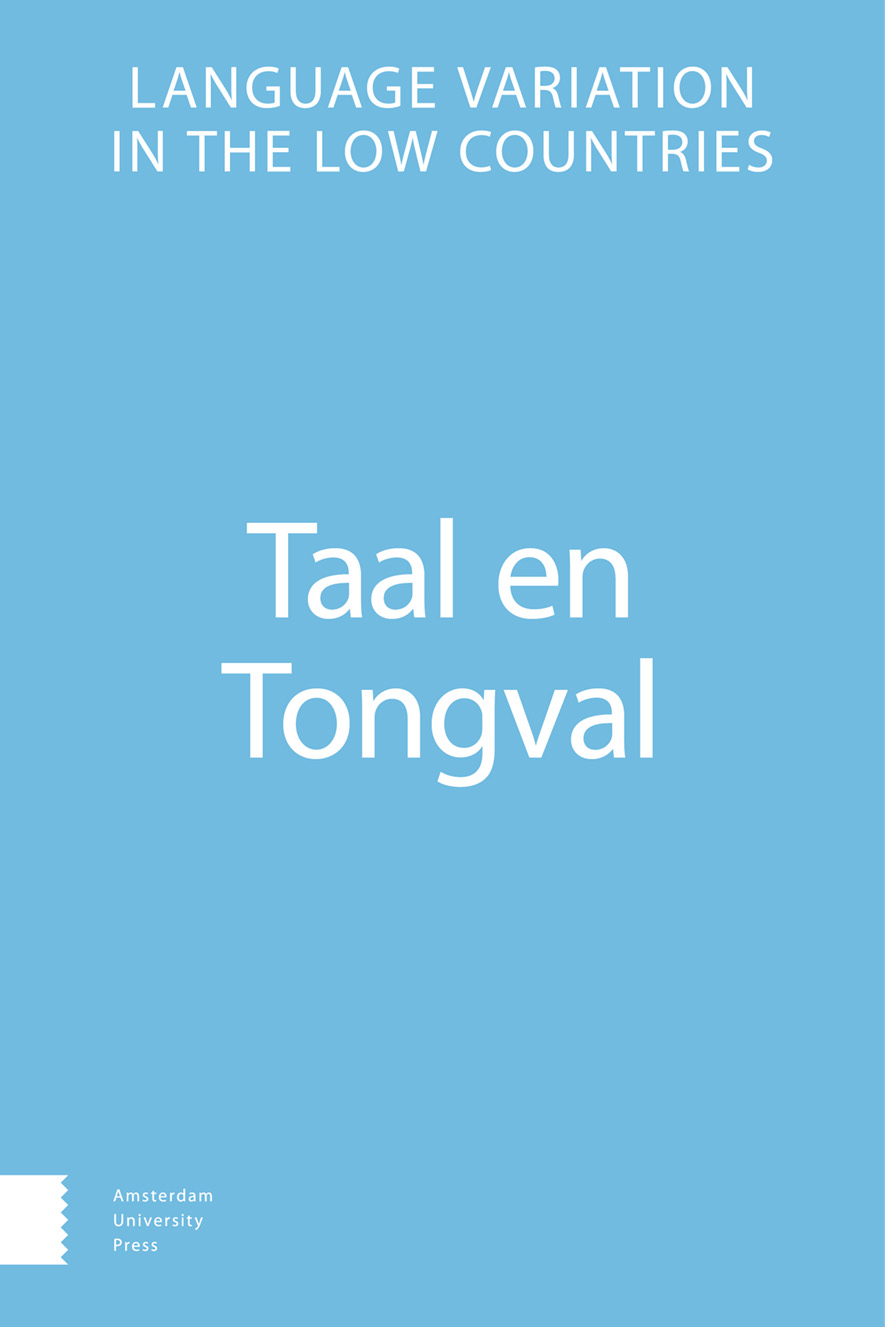-
oa Hoe een verlichtingsideaal een taal wist uit te roeien
Over de verdwijning van het Jiddisch in Nederland
- Amsterdam University Press
- Source: Taal en Tongval, Volume 71, Issue 2, 2019, p. 157 - 183
-
- 01 Mar 2020
Abstract
How Enlightenment eradicated a language: About the disappearance of Yiddish in the Netherlands
This study discusses the disappearance of Yiddish in the Netherlands. At the end of the 18th century a small group of progressive Jews, inspired by the French Revolution and the ideas of the Jewish Enlightenment Haskalah, tried to implement changes in the Jewish community of Amsterdam. One of the innovations they proposed was giving up Yiddish in favor of Dutch. Their arguments were threefold: Yiddish was a corrupted language in which it was impossible to think clearly. Secondly, by using Yiddish the Jews isolated themselves, which led to their backwardness and poverty. Thirdly, by not mastering the national language, the Jews were unable to make full use of their newly acquired civil rights. The initiative of this small group of forerunners met with fierce resistance in the Jewish community. With the help of two successive kings, who sought centralization and the creation of a common national identity, the progressive liberal group finally gained victory. After about a century, it turned out that Yiddish had disappeared from the Netherlands.


